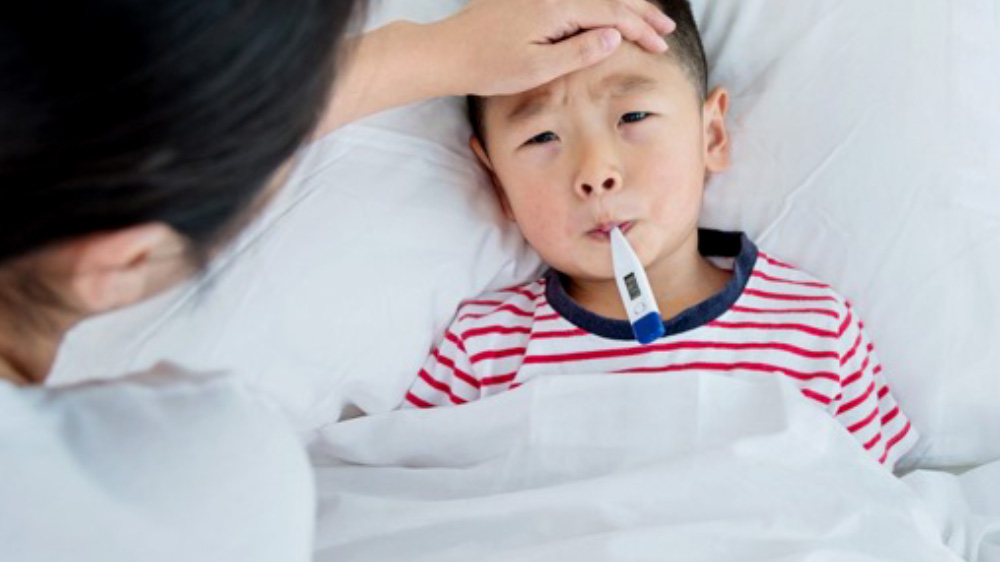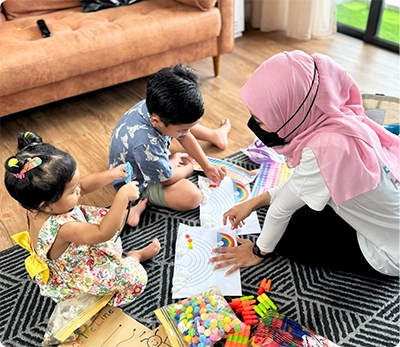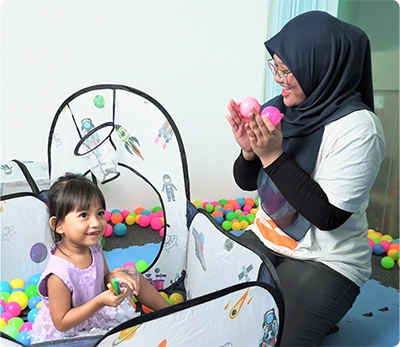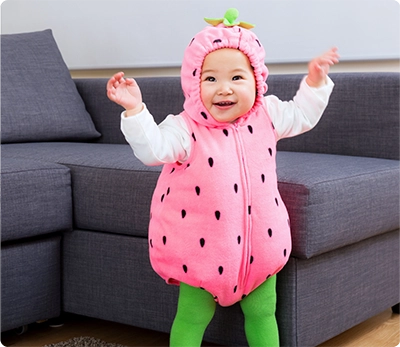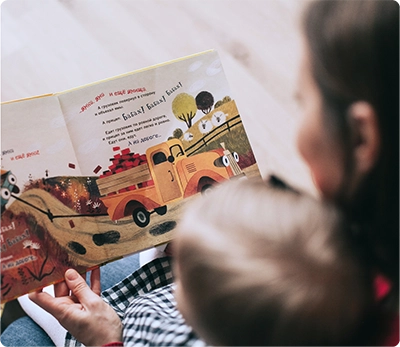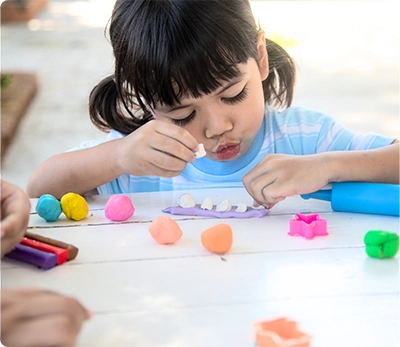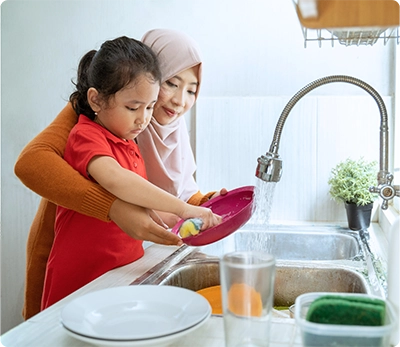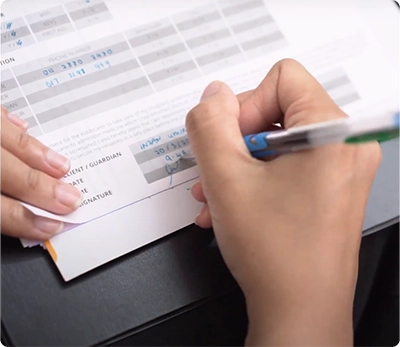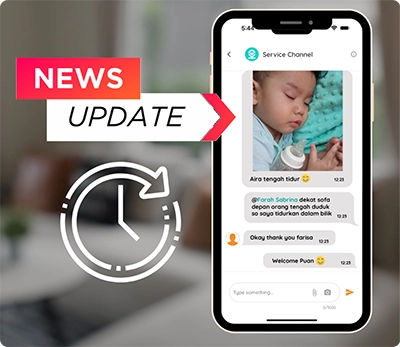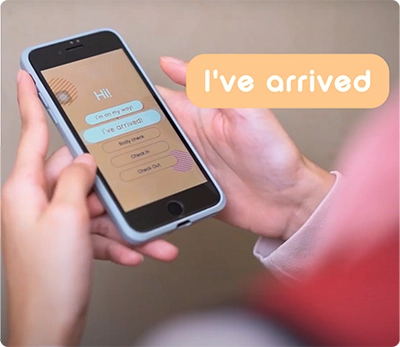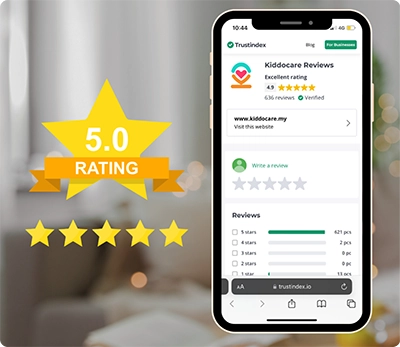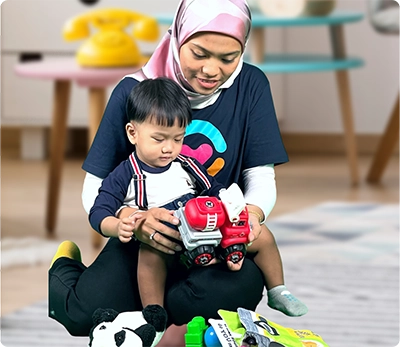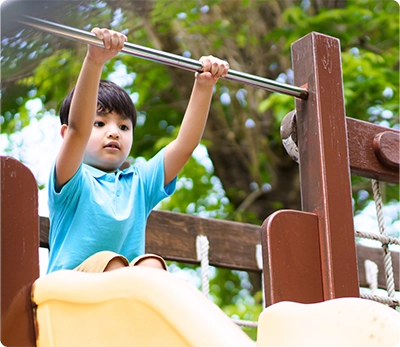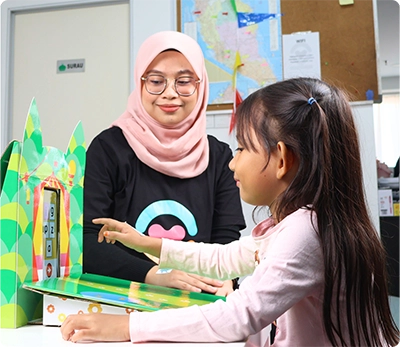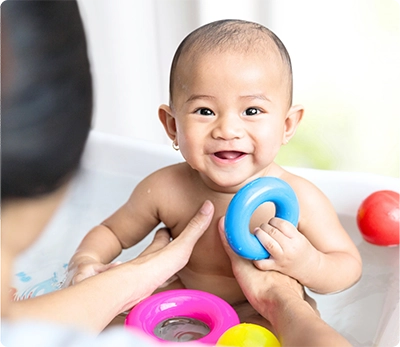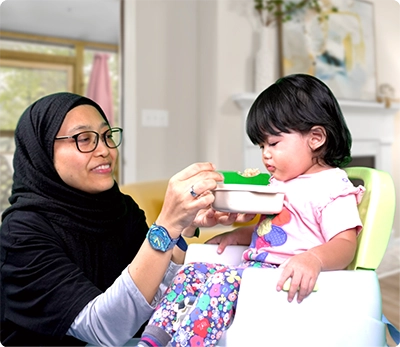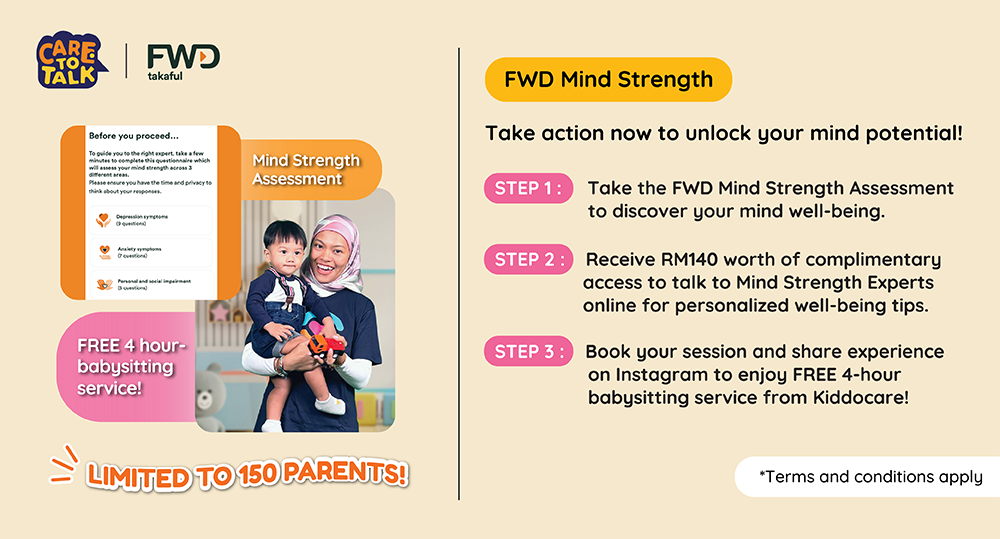As parents, it’s normal to be worried when your child’s temperature rises. But don’t worry, we’re here to help! So here are some ways to relieve your child’s fever symptoms:
- Give plenty of fluids to avoid dehydration.
- Give acetaminophen or ibuprofen based on the doctor’s recommendations. Do not give aspirin to your child as it is known to increase the risk of Reye’s syndrome.
- Never use rubbing alcohol or cold baths to bring your child’s temperature down as this may worsen the fever. Use warm water.
- Dress your child in lightweight clothing and cover with a light sheet or blanket to faciliate sweating (sweating occurs as the body tries to get rid of the extra heat in the body)
- Let your child eat what he or she wants (provided it’s a healthy choice), and don’t force-feed if your child doesn’t feel like it.
- If your child is also vomiting and/or has diarrhoea, ask the doctor if you should give a children’s oral re-hydration solution.
- Make sure your child gets plenty of rest.
You should consider getting medical attention if your child:
- Is an infant younger than 3 months old and has a temperature of 38°C or higher.
- Looks terribly sick and pale.
- Starts to develop a rash
- Has lasting diarrhoea and/or repeated vomiting episodes
- Has signs of dehydration (peeing less than usual, not having tears when crying, less alert)
- Has a chronic medical problem like sickle cell disease, heart problems, cancer, or lupus
Unfortunately, fevers are unavoidable so the key is to make your child as comfortable as possible until the fever passes, and get medical treatment when needed.

